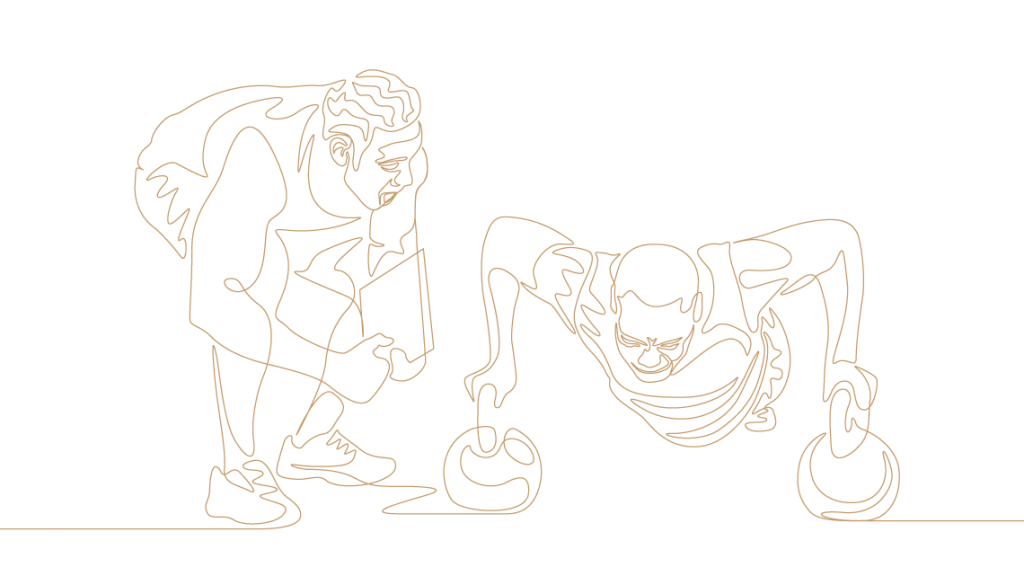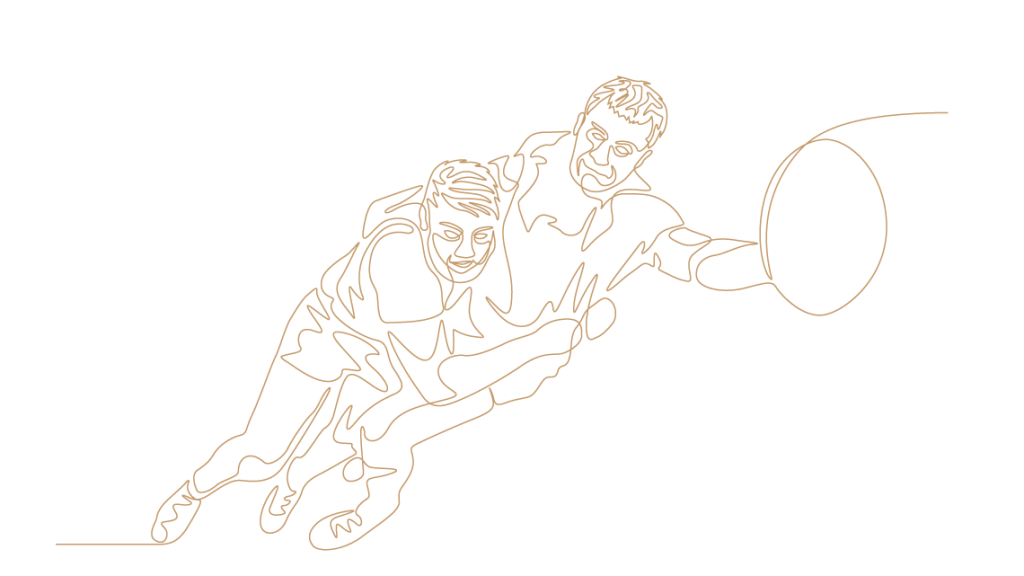Sample of chapter 3
Familiar faith and hope
Without it, we would not even try

Familiar faith and hope
From “Faith Tech” by David M. Taylor.
When we talk about faith, people are rarely neutral. For some, faith is the enemy of science that must be eradicated to achieve global peace and prosperity. For others, faith relates to the most sacred and personal aspects of their lives – their source of identity and purpose. For yet others, faith is associated with faithfulness, the virtue that steers love through many a storm, resulting in strong families and societies.
According to the Oxford dictionary, faith is “complete trust or confidence in someone or something, or strong belief in the doctrines of a religion, based on spiritual conviction rather than proof.” In the Harper Collins Dictionary of Philosophy there are a further seven definitions for faith; we find that faith seems to be about believing or having confidence in either people or religious doctrines. Furthermore, faith involves complete trust and confidence, and its basis is spiritual and not evidential. Faith is evident when you believe despite the evidence, or in the absence of evidence.
In the West, you often get the feeling that scientific evidence or proof is all that matters and to believe anything else is a sign of mental weakness. But scientific data isn’t the only type of evidence. There is also historical, legal and testimonial evidence and in each case there are challenges relating to the amount of evidence we have or the interpretation of the evidence.
Historical evidence is in some ways the weakest. Assembling a picture of what happened centuries ago – after moths, rust and thieves have done their work is hard enough. Furthermore, eyewitness testimonies are generally very rare. Thus, many of the so-called facts of history are actually quite tenuous. But we accept this because for example, it doesn’t really matter how Great Alexander was, or what he died of. Moreover, no one is going to be in trouble if Shakespeare turns out to be a woman or if Julius was not a Caesar after all.
In court cases, more is at stake: we must acquit the innocent and sentence the guilty. But establishing what really happened after the fact is never easy. While forensics are fascinating and often conclusive, most court judgements boil down to the testimonies of witnesses. Three witnesses with the same testimony make a strong case. But in science, three readings are nothing. Three hundred would be a good start.
Apart from the amount of evidence, we also have the problem of interpretation. In court, we take it for granted that the defence and prosecution lawyers will interpret the same evidence quite differently. We also expect the relatives of the deceased to be emotional. In fact, we would find it very strange if the witnesses of an extreme event or traumatic incident were unmoved by their experience. That does not necessarily make their testimony unreliable.
Please share this post to your social media
See more samples from the book
1: Faith shapes your world
Your story began before you were born. The history of your people shaped your social inheritance. Your ancestors’ migrations and marriages contributed to your genetic inheritance. Laws and wars, stories and songs all contributed to the culture and country into which you were born.
2: By patterns not definitions
We don’t begin life with classes on biochemistry: we drink milk. We don’t start learning about gravity from Newton’s laws: we fall over. We play catch before we study the equations of motion. In other words, we learn via sensations and experiences.
11: Multiplying and mobilising
When we talk about faith, people are rarely neutral. For some, faith is the enemy of science that must be eradicated to achieve global peace and prosperity.



